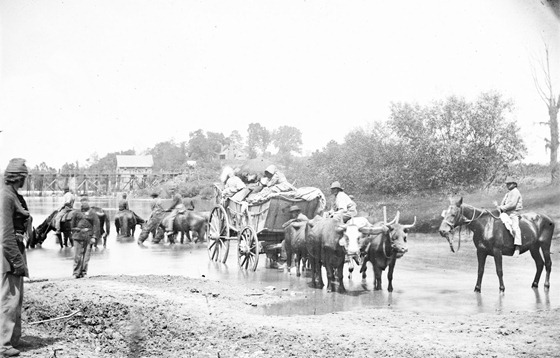August 27, Tuesday. Called on the Attorney-General in relation to the appointment of a chaplain, — a singular case. When the Cumberland was sunk in March last, and a considerable portion of her crew, it was supposed the chaplain was lost. This fact brought a large flock of clerical gentlemen to Washington for the place. The first who reached here was Rev. K. of Germantown, and the President in the kindness of his heart wrote a note requesting that Mr. K. might, if there was nothing to prevent, have the place of the supposed drowned. It was not certain, however, that there was a vacancy, — we were daily hearing of escaped victims who were preserved, — and duty forbade an immediate appointment. Congress, before adjourning, enacted a law that no person should be appointed chaplain who was over thirty-five. Mr. K. is forty-eight, but, unwilling to relinquish the place, he pressed the President with his friends and procured from him another letter, directing the appointment to be made now, if it was one that could have been made then. On bringing this to me, I told the reverend gentleman it was in disregard of the law, and could not be made in my opinion; that I must at all events see the President before any steps were taken and advise him of the facts.
This I did, and by his request called on the Attorney General. That gentleman, as I expected, requests a written application for his opinion.
Have a letter from Admiral Foote, who has thought a second time of his conclusions in his letter to Mr. Faxon, expresses regret, and very handsomely apologizes. I had expected this; should have been disappointed in the man if he had not made it.











